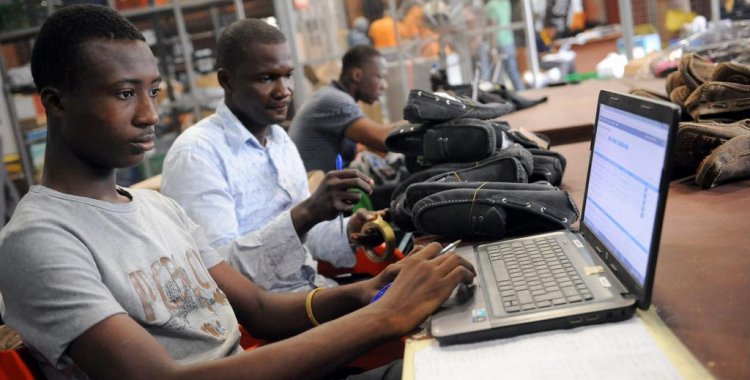"If we want to measure the pulse of the political debate in Angola, how agitated the waters are or not, we must necessarily go to the social networks through which political parties project themselves," said the journalist and chairman of the Portfolio Commission and Ethics, Luísa Rogério, on the sidelines of a meeting on the topic, promoted by the Popular Movement for the Liberation of Angola (MPLA).
"If we want to evaluate the thinking of a political party, both the government and the opposition just go to social networks," continued Luísa Rogério, stressing that there are militants who are strategic.
For the journalist, the militants who have greater prominence in social networks and a large number of followers are precisely a reflection of the importance that social networks have in a context like the Angolan one.
She noted, on the other hand, that Angola is in a pre-election year that is already "practically campaigning" and that "the environment is starting to heat up".
Therefore, the journalist pointed out the need for responsible use of networks: "We should all use social networks with great responsibility too".
"When someone makes a certain publication, a certain statement, especially if it has prominence, their followers will take those statements as a position for their party," she added.
For Luísa Rogério, social networks are an "extension of the political and ideological thinking of political parties in Angola", thus emphasizing the need for "personal accountability" for their use.
The opinion was also shared by the communicologist and former Secretary of State for Social Communication, Celso Malavaloneke, also present at the "Termómetro" meeting that aims to collect contributions from civil society.
The university professor also pointed out that, while representing an important contribution to the democratization of information, social networks have almost no regulatory mechanisms, "except those that individual and collective conscience can impose".
On the other hand, anonymity protects and encourages less positive practices such as gratuitous offense, the spread of 'fake news' and the murder of character, he warned, adding that this is still the way to do politics today.
Celso Malavaloneke noted that the interaction of politicians is no longer just "eyes on the eyes" and in person, now passing through the virtual interaction in which the rallies themselves are already replaced by 'lives' where governors and governed people exchange impressions in a very close way.
"It is almost imperative that a politician be present on social networks, interact, comment, propose themes for debate and reflection, give an account and even exercise their charm in the sense of winning the vote", he emphasized.
At the opening of the meeting, MPLA vice-president, Luísa Damião, considered that social networks have become one of the main forums for public and political discussions, posing several challenges to the parties, including the tendency to decrease the influence of the parties. as an instance of mediation between society and political power.
On the other hand, he criticized the "objectionable style of those who lack the truth" and the "incorrect use of social networks by some individuals" which prevents the good use of these methods of interaction, giving as an example the creation of false profiles to disseminate ' fake news', gratuitous violence and untruths.
"We noticed, among us, a certain tendency to bring into the political and partisan debate and mainly on social networks, violent ways of making politics from other places that we observe in electoral political environments, using hate speech, demonizing state institutions, free violation. fundamental rights, undermining our good practices and customs, unity and national reconciliation ", he lamented.
The vice president of the MPLA stressed that on social media everyone can be a victim of hatred, stressing that her party will respond to the provocations "with responses and measures equal to the MPLA".
The Thermometer meeting will be held monthly across the country.
This Wednesday counted with figures such as Luísa Rogério and Celso Malavaloneke, as well as the journalist and communicologist, Paula Simons, and the journalist José Kaliengue.







